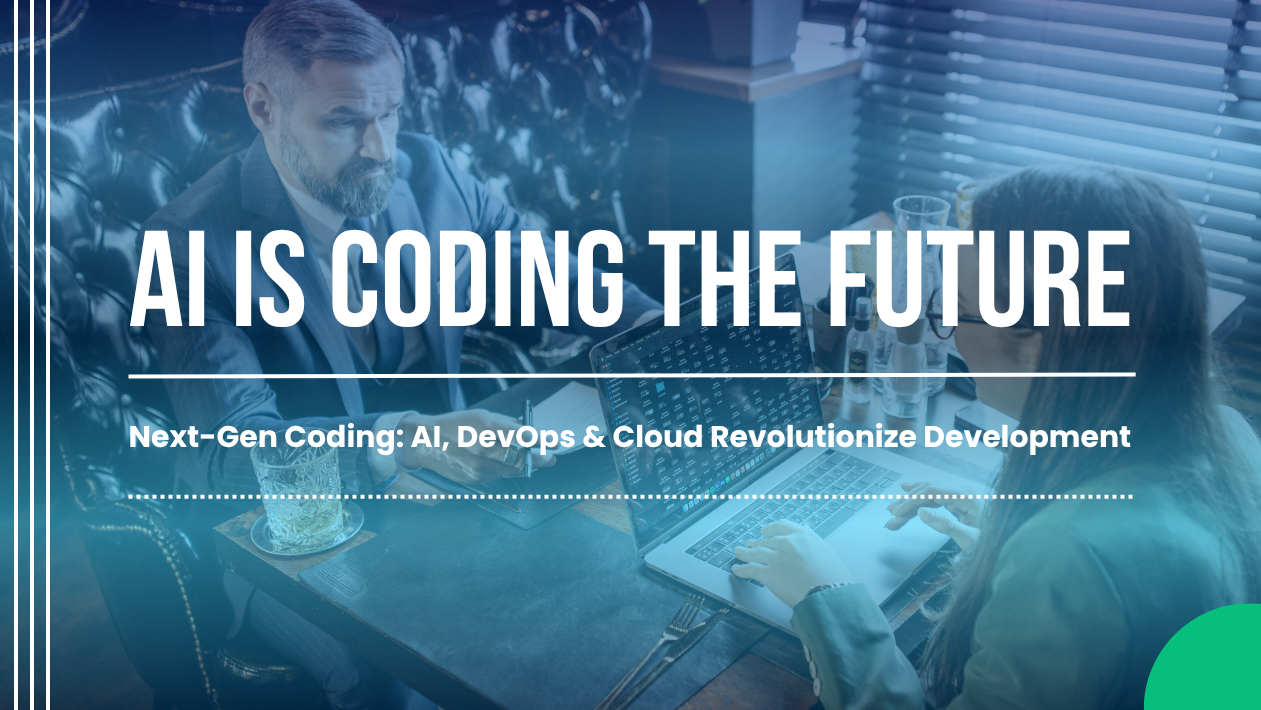Introduction
DevOps has revolutionized the way software is developed and delivered. In 2025, DevOps continues to evolve, integrating new practices and tools to streamline workflows and enhance collaboration between development and operations teams.
The Core Principles of DevOps
- Collaboration: DevOps fosters a culture of collaboration between development and operations teams, breaking down silos and encouraging shared responsibility for the entire software delivery lifecycle.
- Automation: By automating repetitive tasks such as testing, deployment, and monitoring, DevOps reduces manual errors and accelerates the release cycle.
- Continuous Integration and Continuous Deployment (CI/CD): CI/CD practices enable teams to deliver code changes more frequently and reliably, ensuring that new features and fixes reach users promptly.
- Monitoring and Feedback: Continuous monitoring provides real-time insights into application performance, allowing teams to quickly identify and address issues.
Emerging Trends in DevOps for 2025
- AI and Machine Learning Integration: AI and ML are being incorporated into DevOps processes to predict potential issues, optimize resource allocation, and automate decision-making.
- Platform Engineering: Internal Developer Platforms (IDPs) are emerging as a way to provide developers with self-service capabilities, streamlining workflows and enhancing productivity.
- GitOps: GitOps extends DevOps practices by using Git repositories as the source of truth for infrastructure and application configurations, enabling declarative and automated deployments.
- Security Integration (DevSecOps): Security is being integrated into the DevOps pipeline from the outset, ensuring that vulnerabilities are identified and addressed early in the development process.
Implementing DevOps at “The Tech Whale”
At “The Tech Whale,” we have embraced DevOps practices to enhance our software delivery processes. By fostering collaboration, automating workflows, and integrating security measures, we ensure that our solutions are delivered efficiently and securely.
Conclusion DevOps continues to evolve, incorporating new practices and technologies to meet the demands of modern software development. By adopting these advancements, organizations can achieve seamless delivery and maintain a competitive edge in the marketplace.





